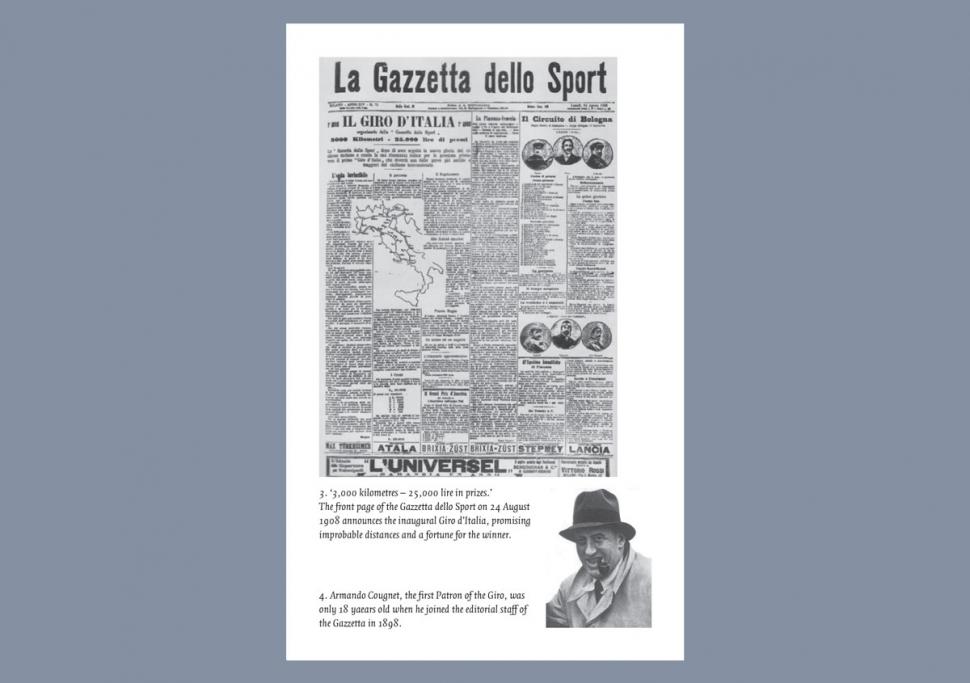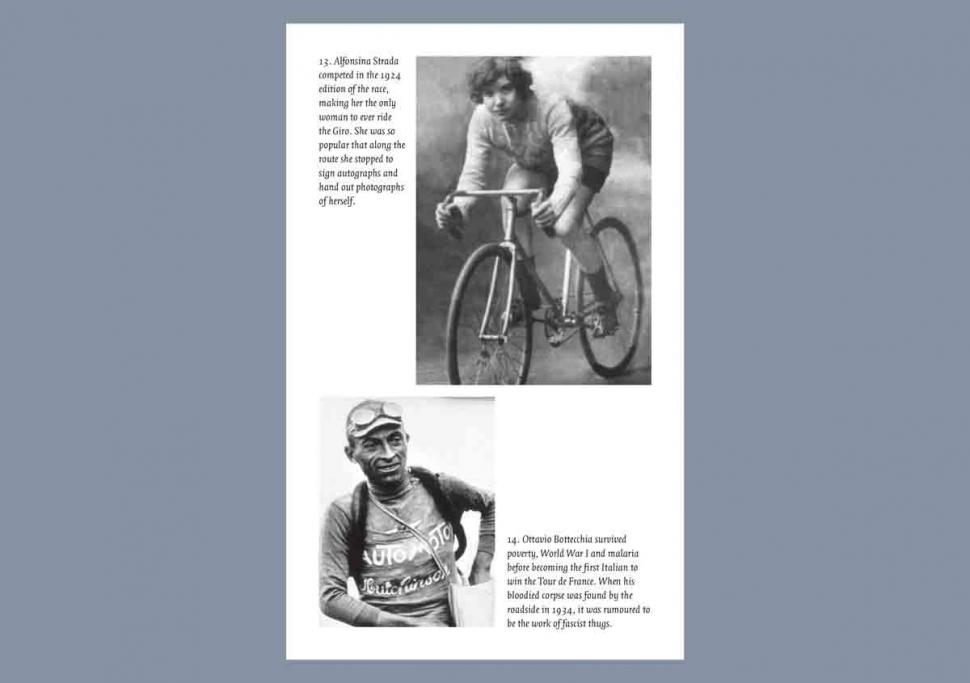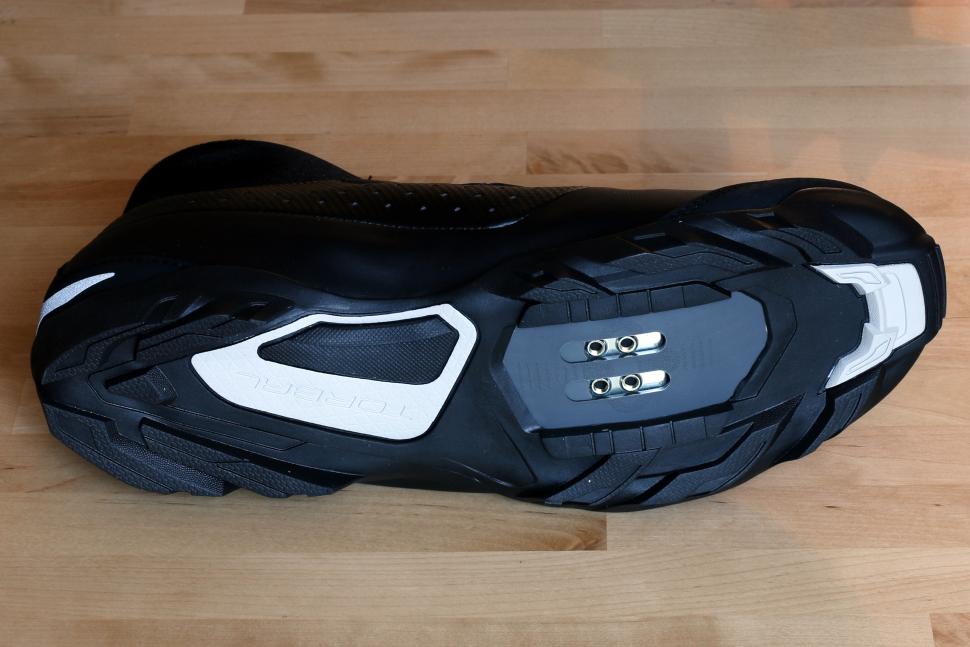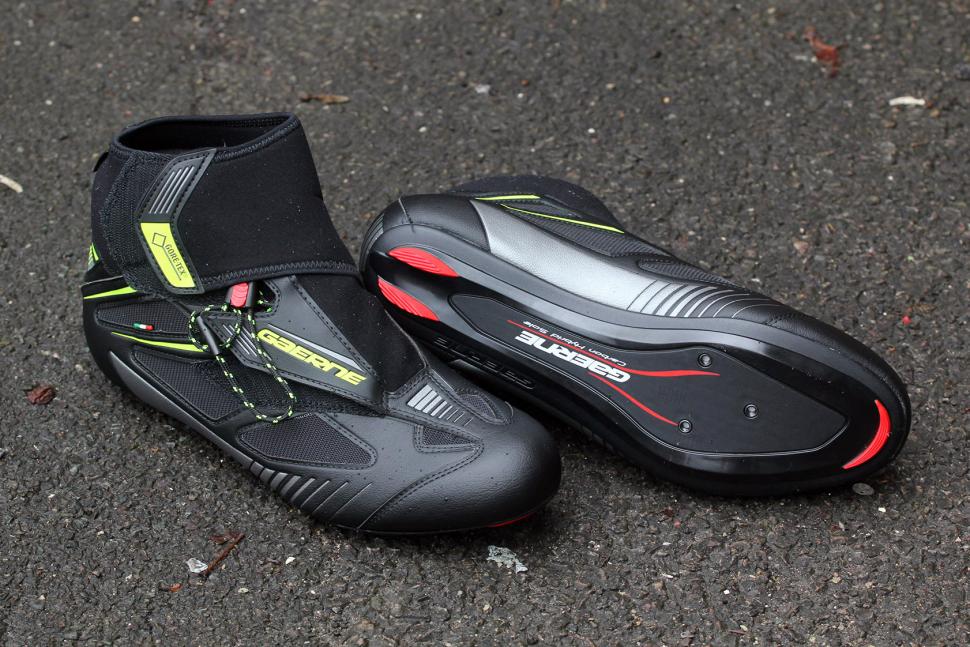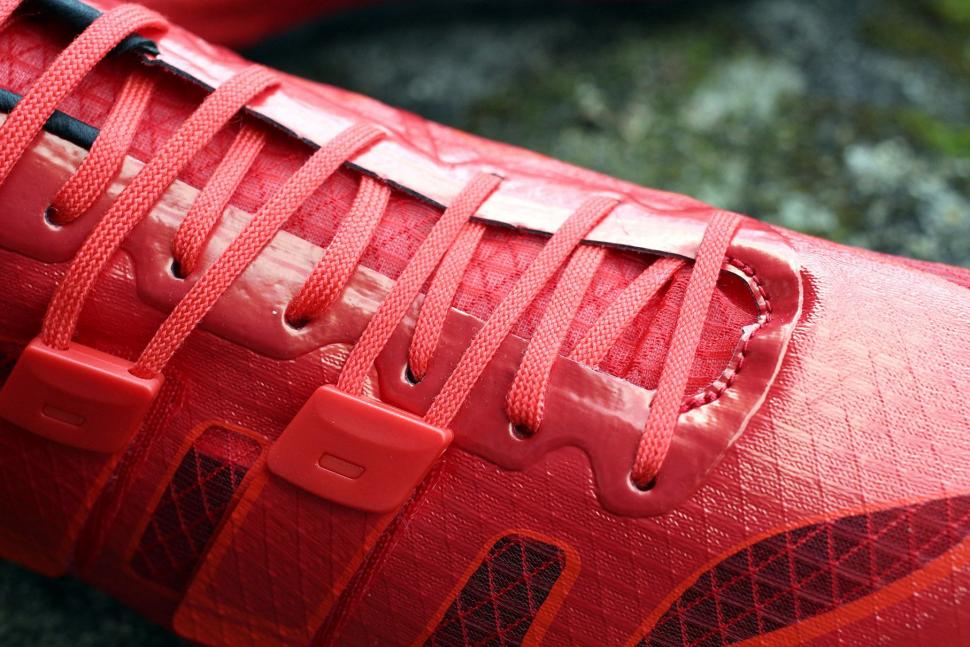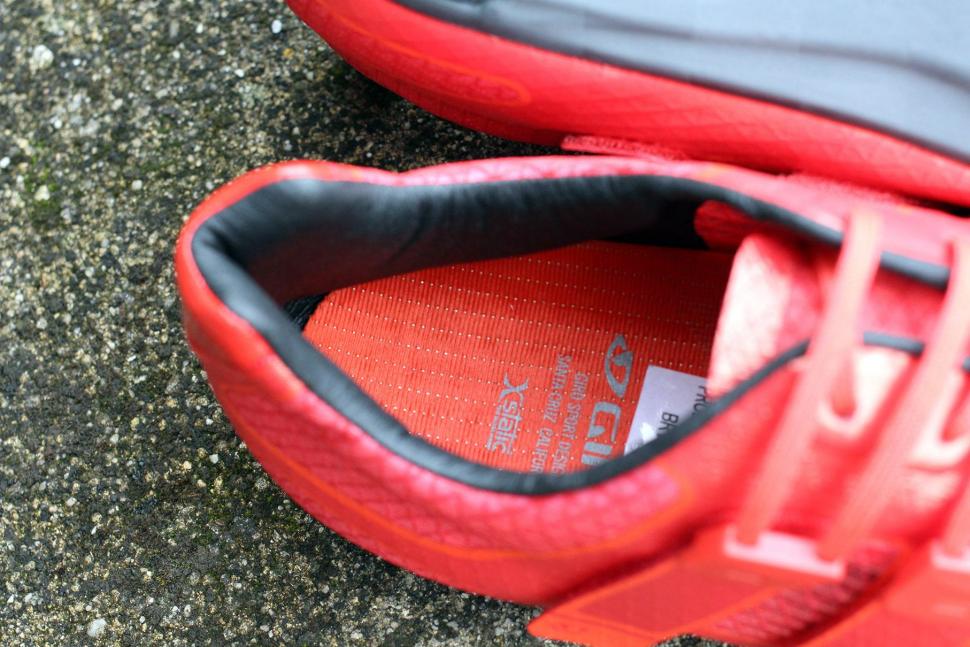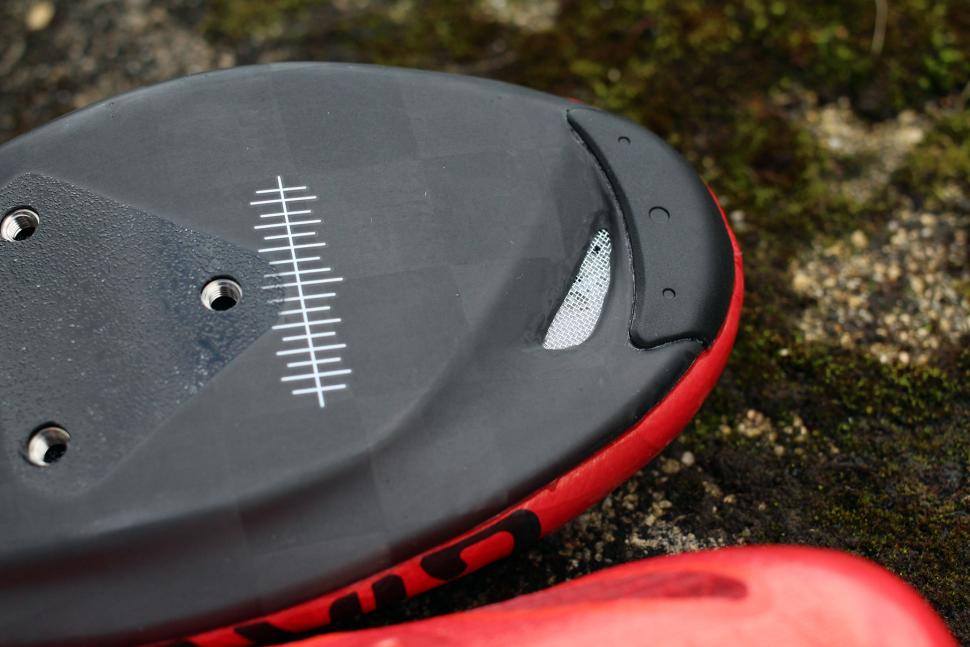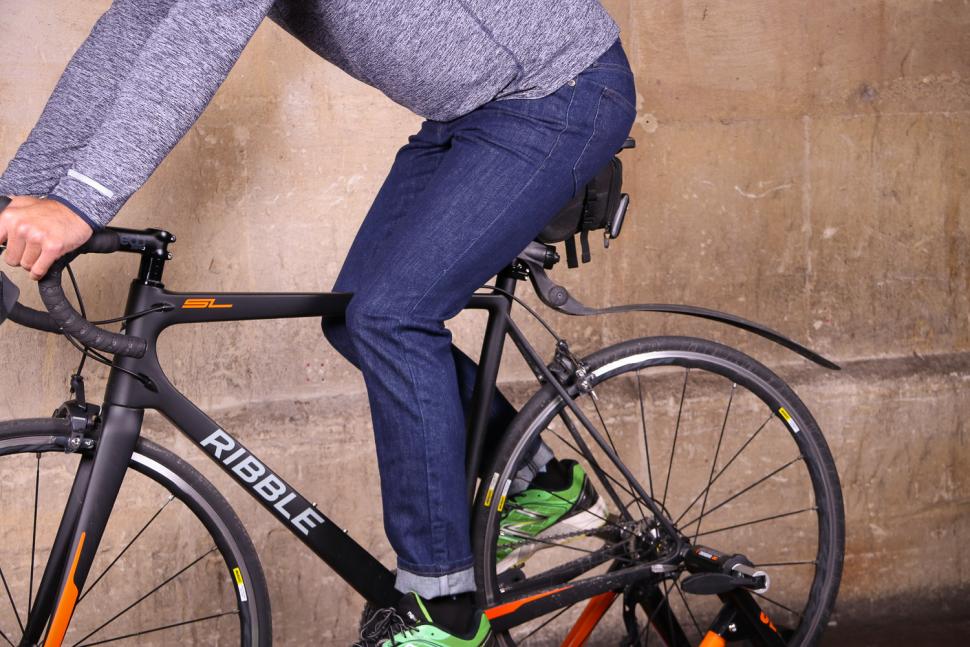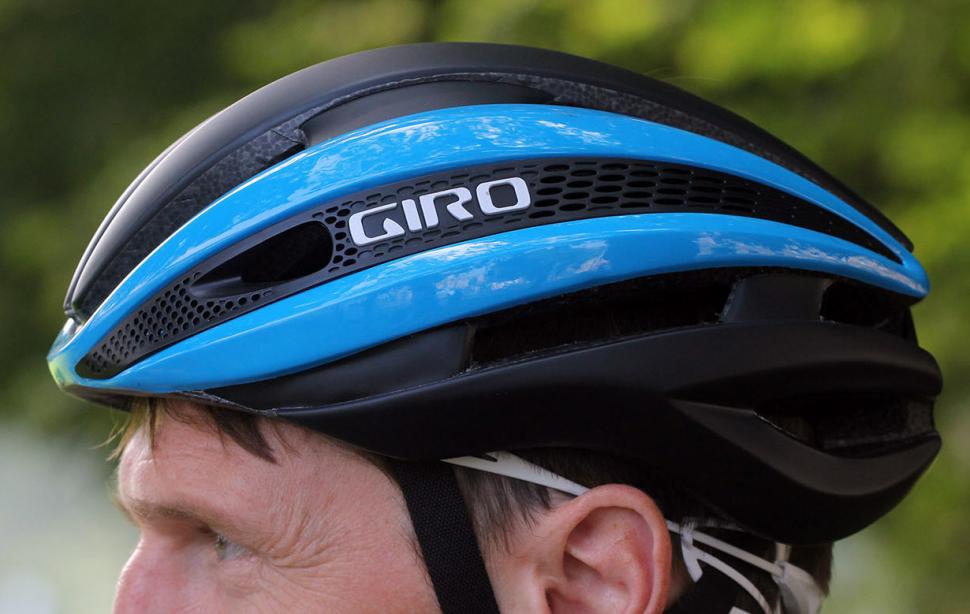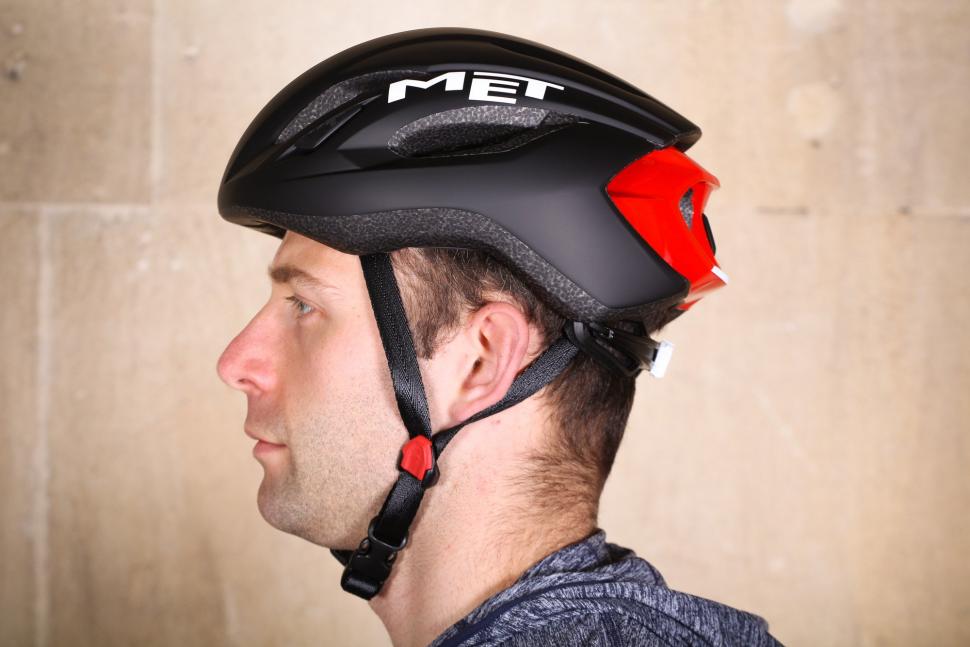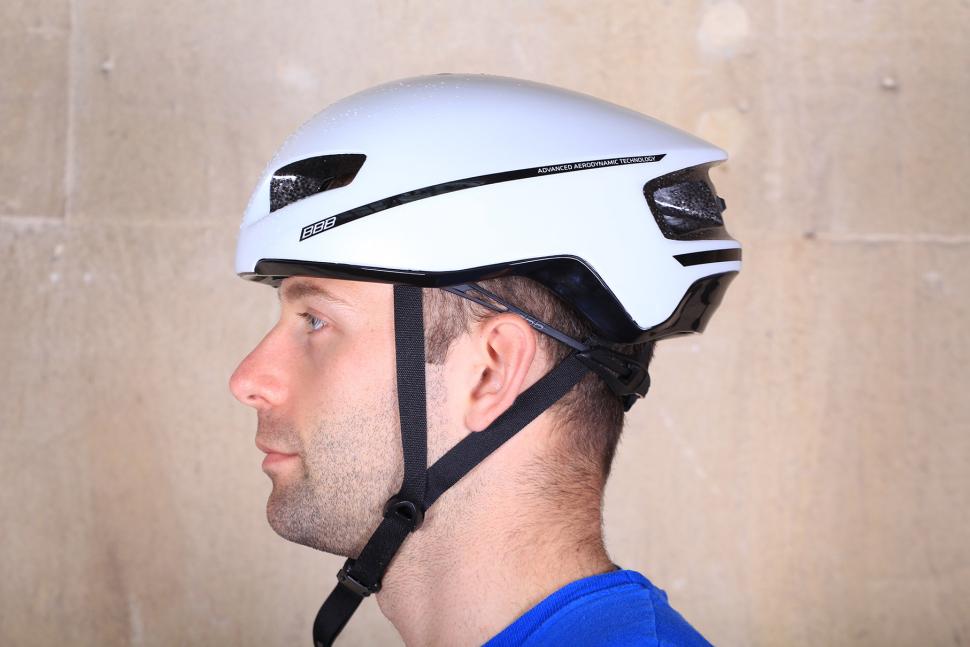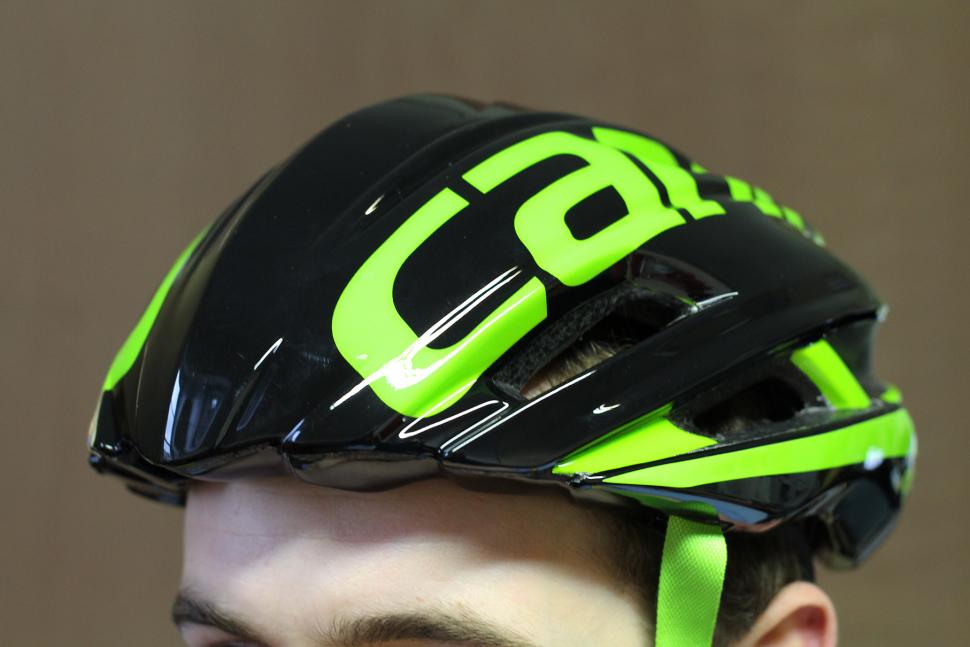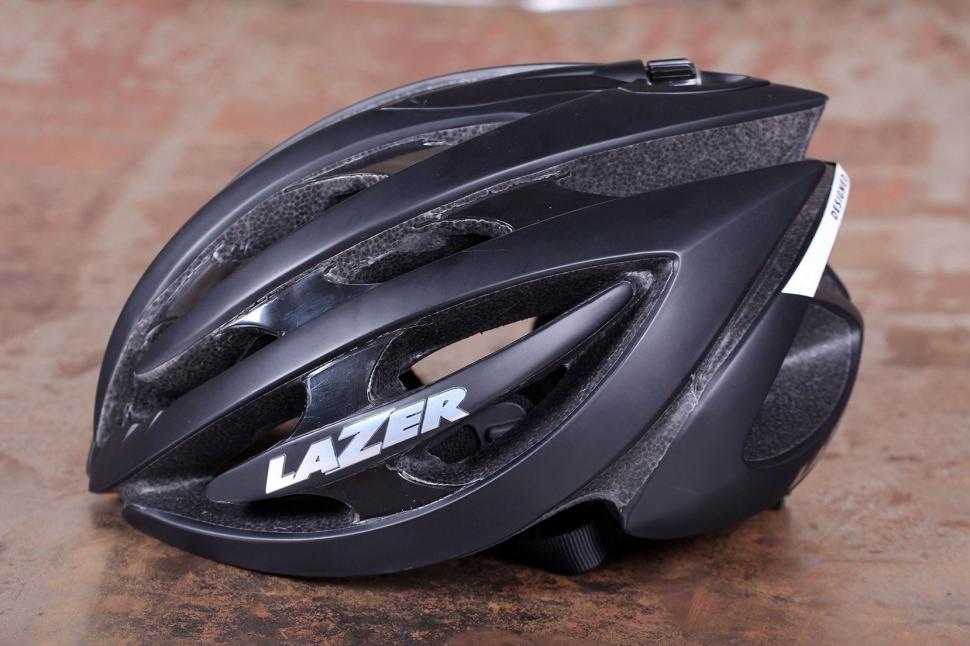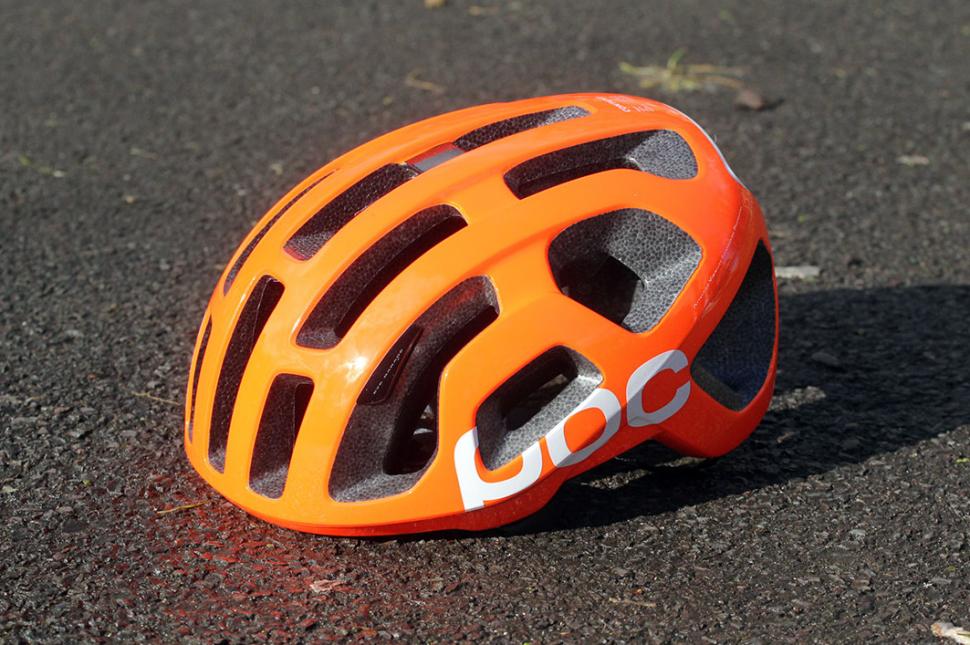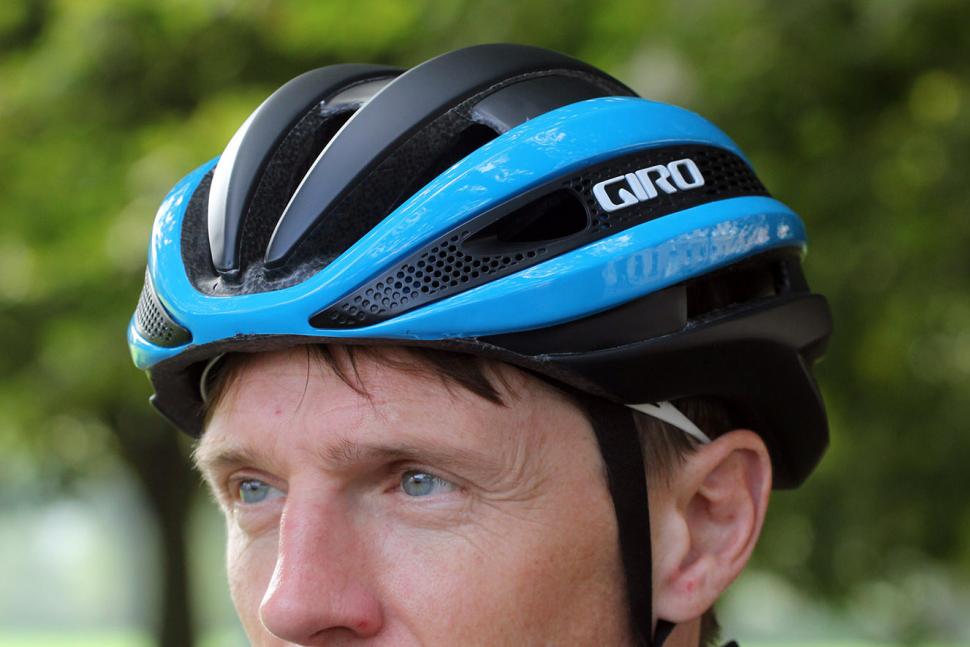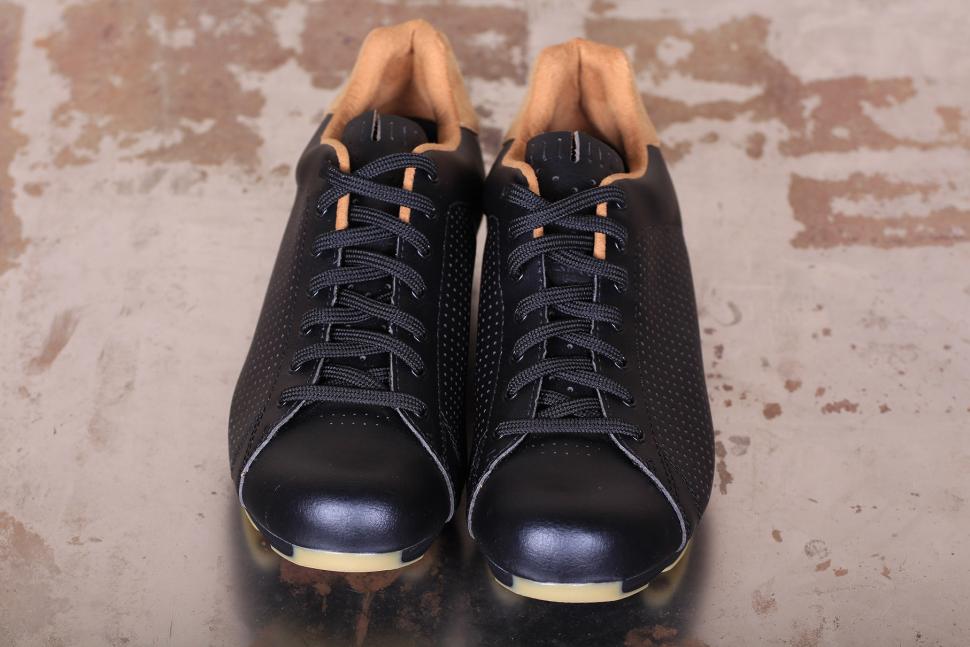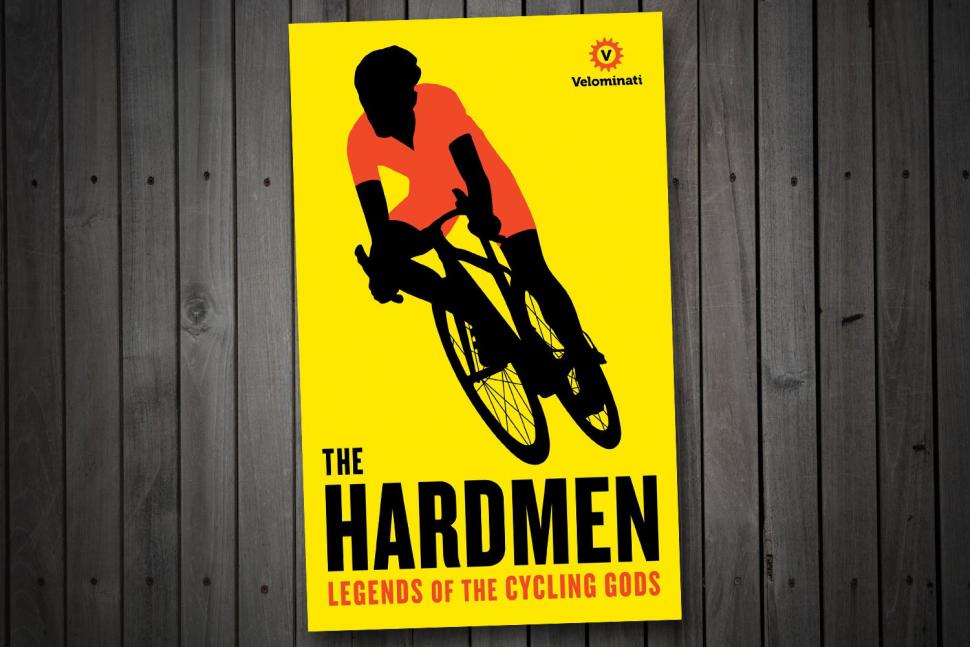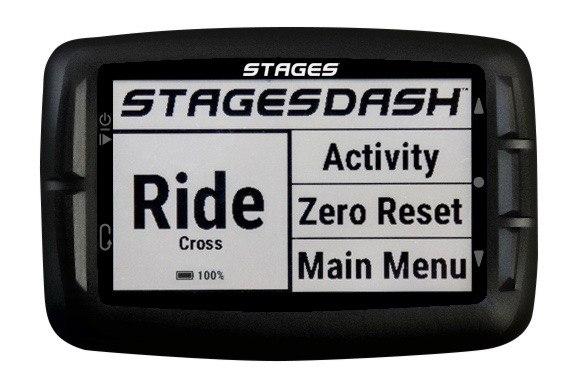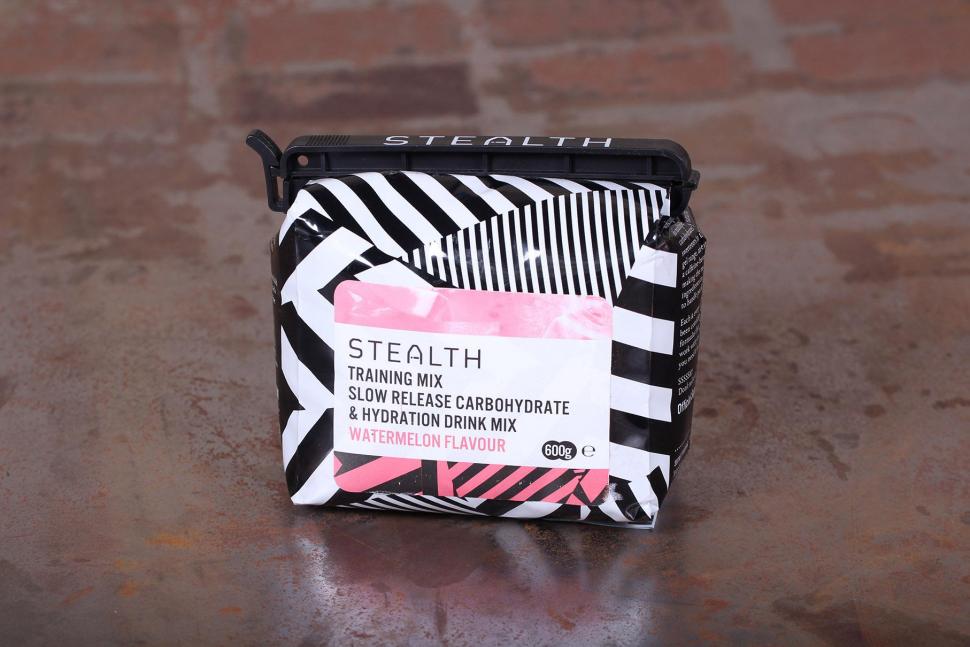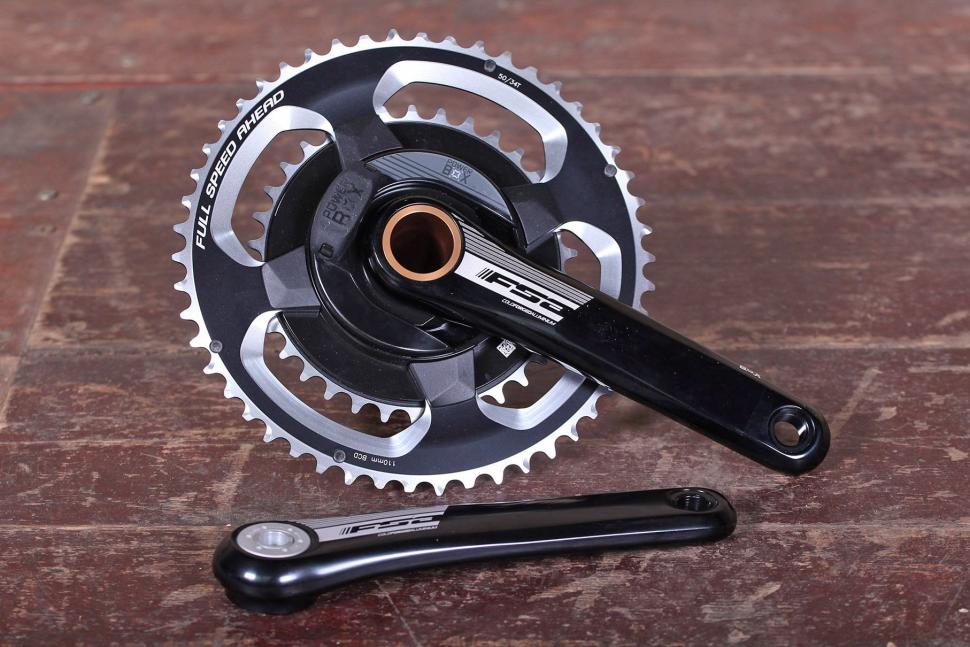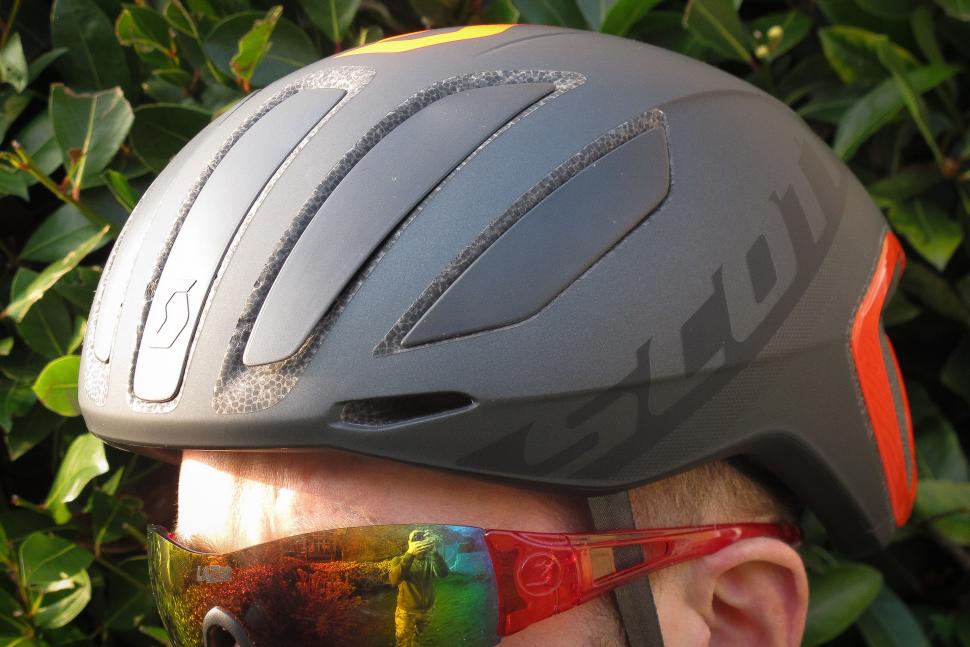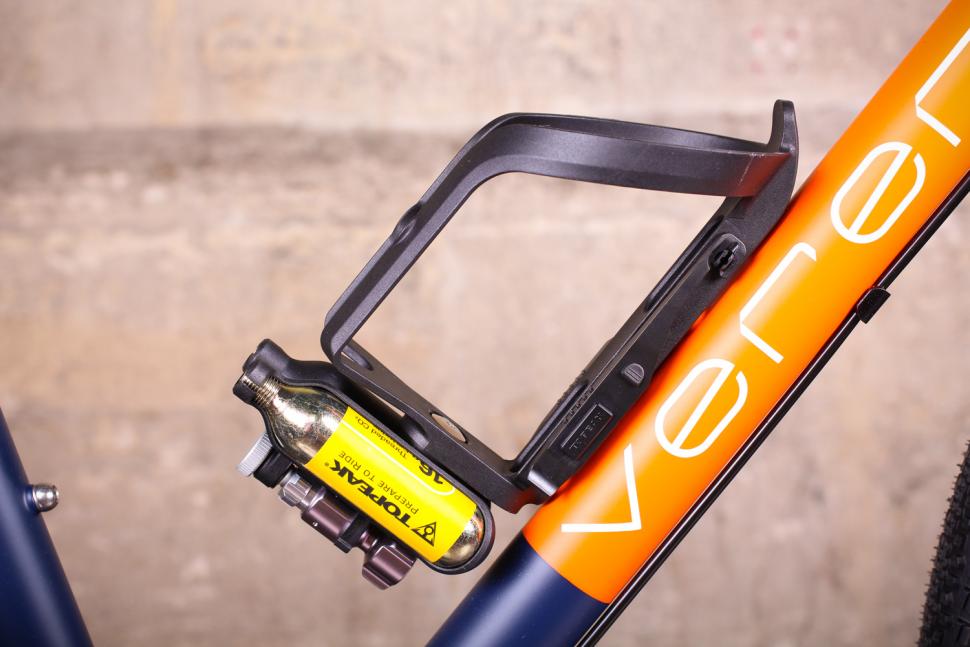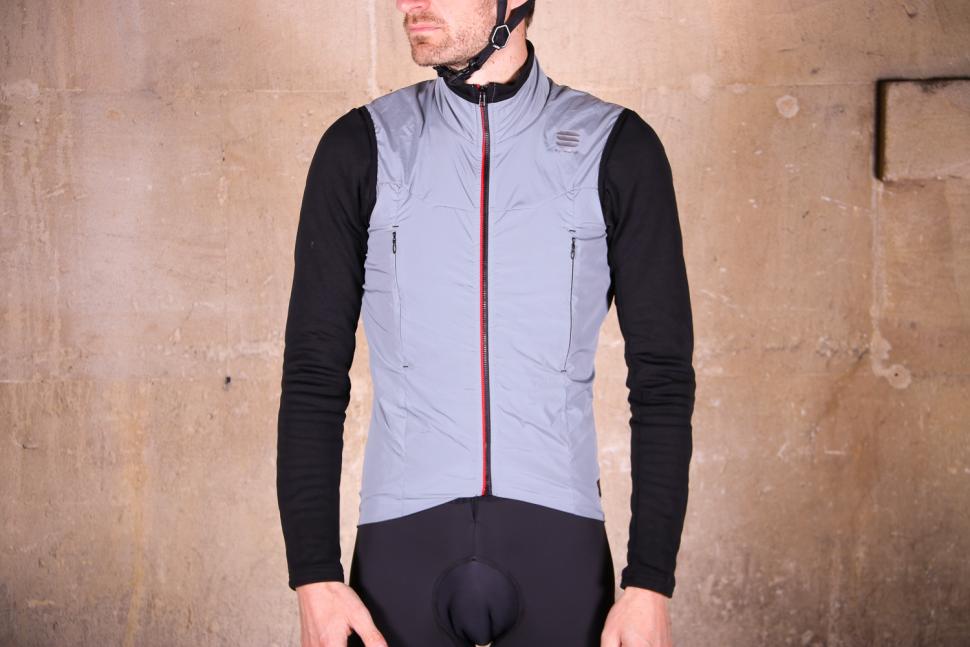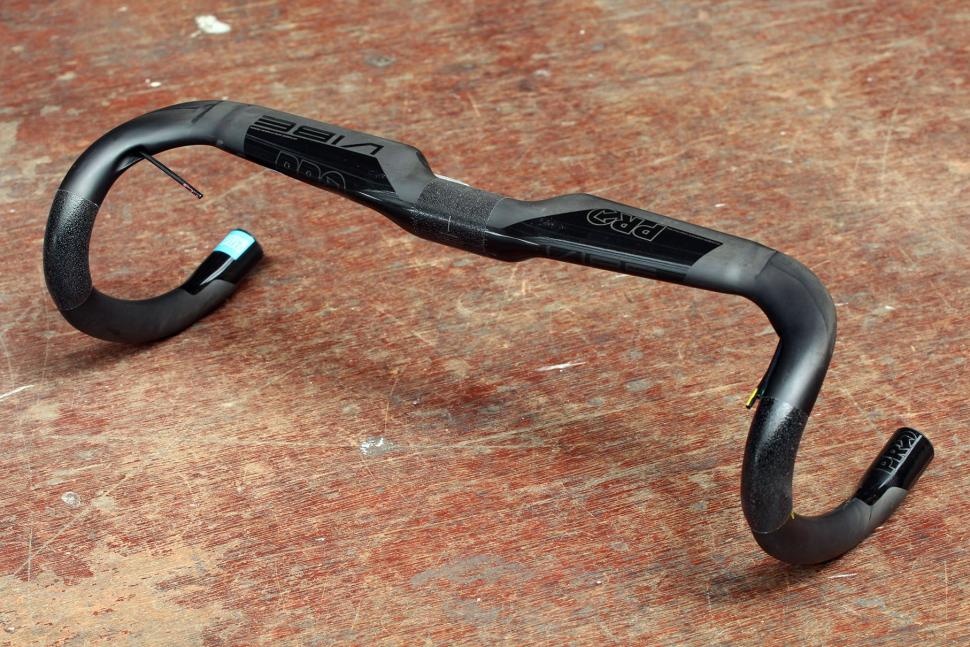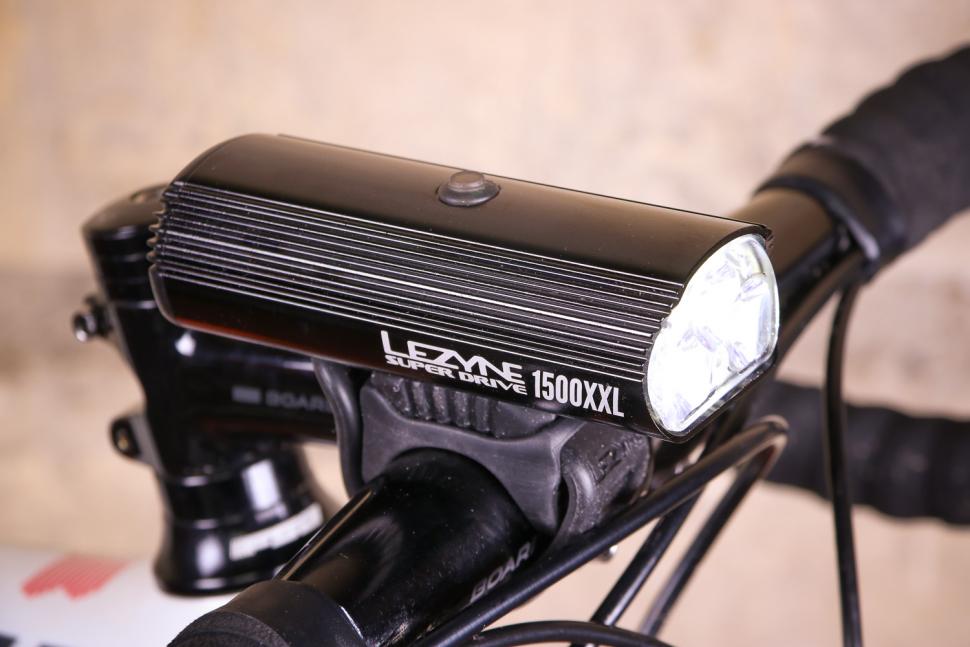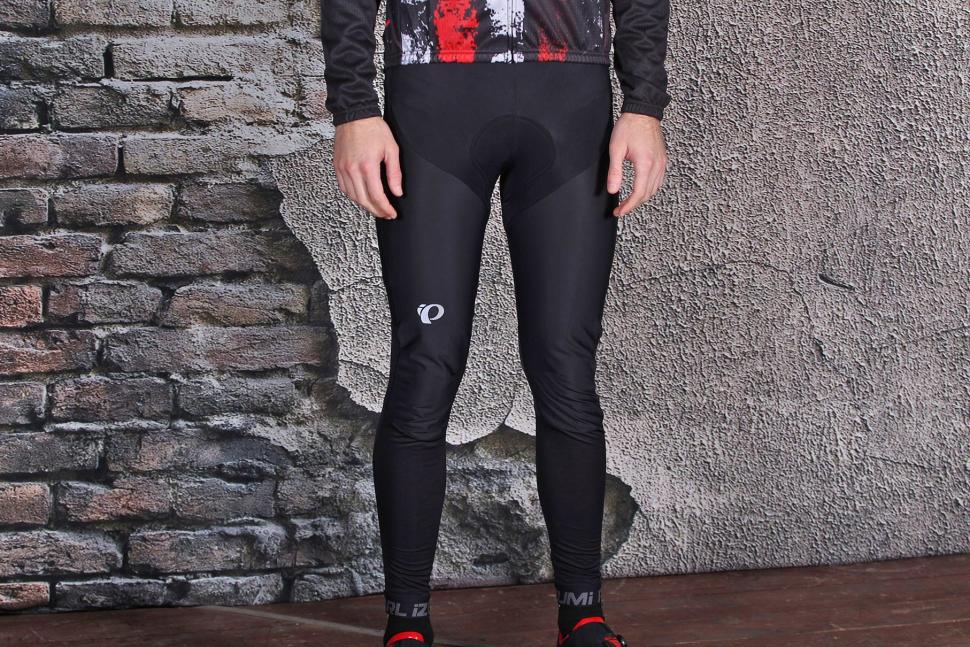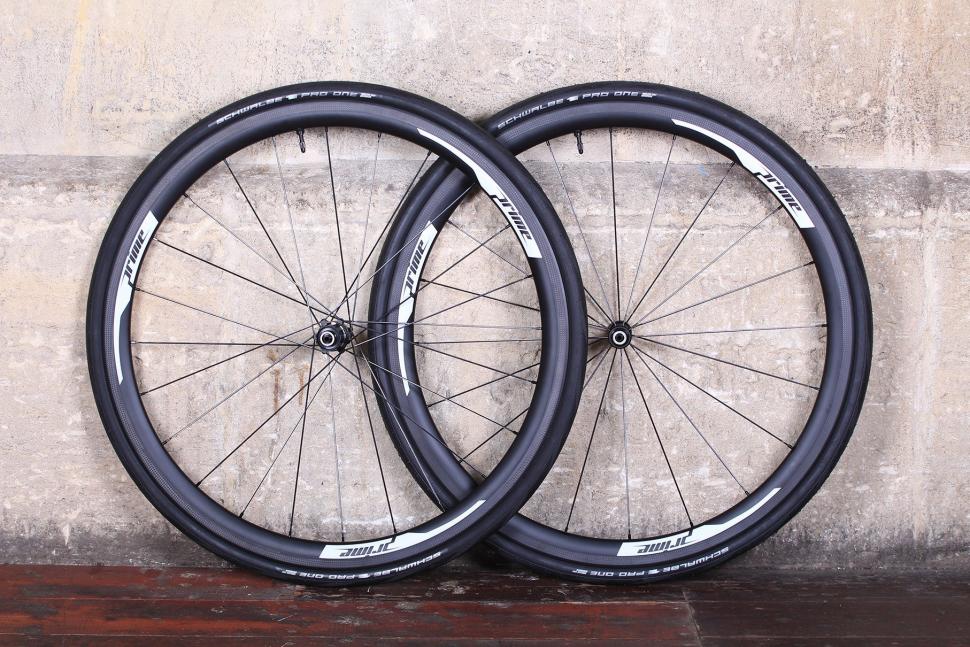[This article was last updated on October 22, 2017]
What do you get if you pay £100 or more for a helmet? As this selection of high-performance lids shows, you get a hard-to-achieve combination of low weight, ventilation, comfort and, in the latest models, aerodynamics.
You can get a fairly decent helmet for £30, but if you want a helmet that’s so light and comfortable you’ll forget it’s there, or you want the latest aerodynamic designs, then you’ll have to pay a bit more. What do you get for your money?
Weight
The lightest modern helmets come in around 200g which is light enough that you really do barely notice they’re there. Achieving very low weights while still meeting standards isn’t easy, though, and involves the use of high-tech materials and very careful design. Specialized’s 185g Prevail S-Works, for example, is internally reinforced with an aramid skeleton. Other super-light helmets have minimal, pared-down adjustment systems, necessitating the use of light but strong plastics, and featherweight webbing straps, none of which comes cheap.
Ventilation
![Specialized Prevail front Specialized Prevail front]()
Specialized Prevail front
The materials that allow a helmet to be light also allow better ventilation because they make it possible to increase the size of the vents and internal channels. Quite simply, there’s less helmet there, so there’s more room for air to flow.
In some helmets the cradle that fits around your head lifts the body of the helmet away from your scalp, further improving ventilation. That has been an important feature of the latest generation of aerodynamic helmets.
Comfort
![Giro Synthe helmet - tensioner Giro Synthe helmet - tensioner]()
Giro Synthe helmet - tensioner
The days of foam pads resting on your head and making it sweaty are long gone. Many modern performance helmets have cradles that lightly wrap your whole head, spreading the already-low weight over a large area and leaving plenty of bare scalp for sweat.
Helmet shapes have improved too, and the almost-universal use of some sort of dial adjuster to fine-tune the fit means these helmets can be easily tweaked; a lot less hassle than picking the right thickness of pads out of the box.
Aerodynamics
![Giro Synthe helmet - side - crop.jpg Giro Synthe helmet - side - crop.jpg]()
Giro Synthe helmet - side - crop.jpg
As in almost every other aspect of cycling, aerodynamics is the latest big thing. Aero road bikes and aero wheels have been joined by helmets claimed to be wind-tunnel-tested to provide an aero advantage.
It started with simple plastic shells to cover the vents for situations like a finishing sprint where every fraction of a second counts, followed by helmets with fewer vents and smooth outer shells. Not having a wind tunnel, we can’t verify the aero claims, but this crop of helmets does have the advantage of being warmer in winter. The previous generation of high-end helmets are so airy your gets distinctly chilly without a skull cap.
Read more: Should you buy an aero helmet?
Read more: Everything you need to know about helmets
Read more: The best cheap helmets
Read more: All road.cc helmet reviews
Weight: 241g
![Met Strale Helmet - side.jpg Met Strale Helmet - side.jpg]()
Met Strale Helmet - side.jpg
Met's Strale helmet strikes a balance between aerodynamics, cooling and comfort that makes you wonder whether you really need to spend any more on a polystyrene lid.
The Strale is half the price of the Met Manta Aero, below, but offers nearly the same performance. No doubt there'll be some data out there to say it doesn't save as many watts at a given speed, but for the majority of your riding that probably doesn't matter.
With eight vents up front, the Strale has a lot fewer than most traditional helmets but you certainly don't overheat when you're wearing it. A few weeks ago the temperature in this part of the country was nudging 30°C and I spent the week riding in the Met without issue.
Read our review of the Met Strale
Find a Met dealer
Weight: 215g
![met-manta-helmet-side.jpg met-manta-helmet-side.jpg]()
met-manta-helmet-side.jpg
Aerodynamics are important in a bike race and we're seeing the pros concentrating on cheating the wind from every direction, head to toe. 'The fastest closed aero helmet' claims Met about its brand new Manta; a big claim but this helmet is about more than just going fast.
Met claims the Manta saves 10 watts at 50km/h compared to its rivals and although that is hard to test in the real world even half of that isn't to be sniffed at for free. That'll be at an optimal position too, most likely the handlebar-staring, stem-chomping head angle employed by the world's best sprinters but hey, when you're really going for it in the drops the Manta does actually make you feel quick – nothing wrong with a placebo effect.
Read our review of the Met Manta
Find a Met helmets dealer
Weight: 280g
![BBB Tithon Helmet- side.jpg BBB Tithon Helmet- side.jpg]()
BBB Tithon Helmet- side.jpg
If you want top aero performance for that final burst to the line at the end of a race, coupled with reasonable ventilation, the BBB Tithon is a great option.
Let's start with that ventilation, which you'd be right in thinking isn't spectacular. Of course it isn't: there are only two holes at the front and three at the rear. However, the way they work in practice by pulling air through from a high pressure to low pressure area means you do still get a surprisingly good level of airflow in spite of appearances.
t's one of those helmets where, if all you're interested in is saving the odd watt here or there at the end of a race, then it's going to appeal; if not, then it's likely you'd be better suited to one with more ventilation.
Read our review of the BBB Tithon
Find a BBB dealer
Weight: 285g
![Cannondale Cypher Aero Helmet - worn.jpg Cannondale Cypher Aero Helmet - worn.jpg]()
Cannondale Cypher Aero Helmet - worn.jpg
Cannondale's Cypher Aero is essentially its Cypher race helmet with an aero shell. It's a sleek and well-ventilated design that is light – and now aerodynamic too. Cannondale has stuck with its traditional look, a plus point in my book, rather than following the current trend of weird and wonderful aero designs.
Weighing in at just 240g without the aero shell, its light weight is probably the first thing you notice. Cannondale has used its 'Peak Protection technology', with dual-density EPS foam reducing weight while keeping rigidity high. Combine that with the wide distribution of internal padding, and it's easy to forget you have it on. Even with the shell on, 285g isn't exactly heavy.
Read our review of the Cannondale Cypher Aero
Find a Cannondale dealer
Weight: 251g
Italian helmet-maker Kask has a gem of a helmet in the Mojito, a lightweight and relatively inexpensive design that fits brilliantly – to my head anyway.
Thanks in part to its sponsorship with Team Sky, Kask is now widely recognised as a leader in the lid market. The Mojito is now its mid-range helmet after being used by the pro team up until 2014, so still carries a lot of the ventilation tech and lightweight construction you'd hope for from a pro-level model.
Read our review of the Kask Mojito
Find a Kask dealer
Weight: 275g
![Lazer Genesis matt black medium helmet.jpg Lazer Genesis matt black medium helmet.jpg]()
Lazer Genesis matt black medium helmet.jpg
With its sleek design and 19 vents, the Lazer Genesis is a great helmet, especially considering the price. The optional aeroshell (£14.99) means this can handle the fastest races and coldest training rides equally well.
Read our review of the Lazer Genesis
Find a Lazer dealer
Weight: 288g
The Bell Zephyr MIPS helmet might be one of the more expensive options out there but it's well ventilated, fairly low profile, and it boasts an excellent new MIPS-integrated fit system.
Just to get you up to speed on MIPS – or Multi-directional Impact Protection System for long – it's 'a revolutionary technology that lets the helmet slide relative to the brain, adding more protection against rotational violence to the brain caused by angled impacts', according to the team behind it.
Read our review of the Bell Zephyr Mips
Find a Bell dealer
Weight: 227g
![catlike-mixino-helmet-2016-front.jpg catlike-mixino-helmet-2016-front.jpg]()
catlike-mixino-helmet-2016-front.jpg
Without a doubt, the most recognisable helmet in the professional peloton. With its distinctive Gaudi-esque vents and slightly bulbous shape, the Catlike Mixino looks like an object made by nature. It's superbly ventilated, fits well and few helmets weigh less.
The reason the helmet has this unique shape is thanks to its aramid skeleton, which sits underneath the 'foam' of the helmet. It's reinforced with graphene to enable it to have a significant number of vents (39 in total) and a very light weight (227g) without impacting on safety in the event of a crash.
Read our review of the Catlike Mixino
Find a Catlike dealer
Weight: 215g
The Kask Rapido is a rather excellent helmet.
The understated looks, fantastic ventilation and low price make this a really good deal. They are robust and come in a variety of colours, which due to a full plastic shell, wipe clean.
The low profile suits many head shapes and the retention system provides a very wide range of adjustment.
Weight: 230g
This latest version of the LAS Victory fits really well, is superbly made, looks great and the new chinstrap buckle is a worthwhile improvement on an already great lid.
The Victory has 25 vents, so there's plenty of ventilation. The shell extends down the sides and around the bottom to protect the foam from knocks and scrapes, keeping your helmet looking new and fresh for longer.
To provide the best protection it can, a helmet also needs to fit well. Heads are all shapes and sizes, but the Victory is helped by a micro-dial at the back that lets you fine-tune the girth. There's vertical adjustment as well – 59mm of it – making for a very precise and secure fit.
Read our review of the LAS Victory
Find a LAS dealer
Weight: 204g
So the first thing to say about this lid is that it'll turn heads. It polarises opinion.
It's a very well vented helmet that is backed up with a nice fit and impressive lightness.
Dave had it on test and said "you're either going to like this helmet's appearance or you're not; I'm not going to try and convince you otherwise. What I would say is that you should withhold your opinion until you've actually seen the helmet with your own eyes rather than just the photo up top".
Read our review of the POC Octal
Weight: 238g
The element of the Lazer Z1 that stands out most is that it has been designed with ventilation in mind, with 30 vents throughout the body. The airflow is about as good as you will find and certainly among the best we have used. It has great word-of-mouth too; this is one of the best liked helmets around for its ventilation and fit.
The strong fit is achieved through Lazer's Rollsys system, which maintains pressure around the entire head rather than placing it on the rear like most other helmet adjustment systems. This means there are no hot spots of pressure, making it comfortable to wear for long periods of time. In terms of fitting the helmet, it is effortless as it just has a wheel on the top of the helmet that you twist to either tighten or loosen.
The Z1 also comes with an aeroshell, which covers the top to improve the aerodynamics or keep you warm in cold weather, depending on how you look at it.
Read our review of the Lazer Z1
Find a Lazer dealer
Weight: 266g
![Bontrager Ballista helmet Bontrager Ballista helmet]()
Bontrager Ballista helmet
The Bontrager Ballista is an aero road helmet with very good ventilation that keeps your head cool and comfortable as you ride.
Bontrager says the Ballista has less drag than any other aero road helmet out there. The company says that the Ballista outperforms the Specialized Evade, Louis Garneau Course and Giro Air Attack, according to measurements in the wind tunnel. The other brands might well contest that of course.
What we can tell you for sure is that the Ballista feels very cool in use. You get three very large vents up front and two more on the top of the helmet. These lead into deep channels in the EPS (expanded polystyrene) that run right over the top of your head and on to a series of exit ports at the back.
Read our review of the Bontrager Ballista
Find a Bontrager dealer
Weight: 223g
The Giro Synthe is an aero road helmet that's lightweight, comfortable and very well ventilated.
Giro call it the Synthe because they reckon it synthesises all the features you'd want in a high-performance road helmet: low weight, plenty of ventilation, a good fit and aerodynamic efficiency.
They certainly nailed the weight. Our medium sized test model hit the scales at 223g. It fits comfortably, thanks to Giro's Roc Loc Air system lifting the helmet body slightly off your head. It's also one of the best-ventilated helmets we've ever used. Giro reckon that using a heat-sensing headform reveals the Synthe to be cooler than the existing Aeon and nearly as cool as a bare head.
We can't verify Giro's aero claims, but they claim it's superior to their Air Attack lid, which isn't as well ventilated.
Read our review of the Giro Synthe
Find a Giro dealer
Weight: 201g
![Specialized Prevail II.jpg Specialized Prevail II.jpg]()
Specialized Prevail II.jpg
If ‘performance’ means ‘low weight’ then this is the helmet you want. The Specialized Prevail II is the pinnacle of Specialized's vented helmet design: the lightest and best ventilated helmet they've ever put on sale. And in use it is indeed, cool, light and very comfortable.
The Prevail helmet has long been a popular helmet with performance-focused cyclists because it's comfortable, well ventilated and seriously lightweight. This version retains everything that was good about original but has a much lower profile. It not only looks better but offers better ventilation and sweat management as well as reducing the wind noise of the original.
The only criticism it was possible to level at the original Prevail was its very wide profile that looked a bit bulbous on many heads. That has been addressed with the Prevail II. It's a much sleeker and lower profile helmet, sits lower on the head and doesn't protrude at the sides as much as before. Good job, Specialized.
That reduction in bulk hasn't reduced the weight, as you might expect. The Prevail II weighs 201g on our scales, compared to 190g for the original Prevail, both in a size medium. Still, it's one of the lightest helmets on the market. You might think there's little point in a lightweight helmet. And then you try one and it's hard to go back to a heavier helmet. Specialized also says the lower profile offers a small aerodynamic improvement as well.
Read our review of the Specialized Prevail II
Find a Specialized dealer
Weight: 250g
Kask's Protone helmet, developed in collaboration with Team Sky, is a highly adjustable, cool and comfortable lid, although it comes at a premium price. If Kask's claims are to be believed, it boasts impressive aerodynamics for a well-vented helmet too.
You know how some helmets feel like they perch on top of your head a bit like a flat cap? The Protone is the exact opposite. It feels like it fully encompasses your head, more like a beanie, say, reaching low at both the front and, especially, the back.
Testing the Protone involved a lot of climbing in high temperatures and we found the venting to be very effective. Our tester didn't get a noticeably hot, sweaty head, or anything close to that, despite relatively little venting towards the rear of the helmet. There's good airflow right across the top of your head that keeps the humidity down.
Read our review of the KASK Protone
Find a KASK dealer


